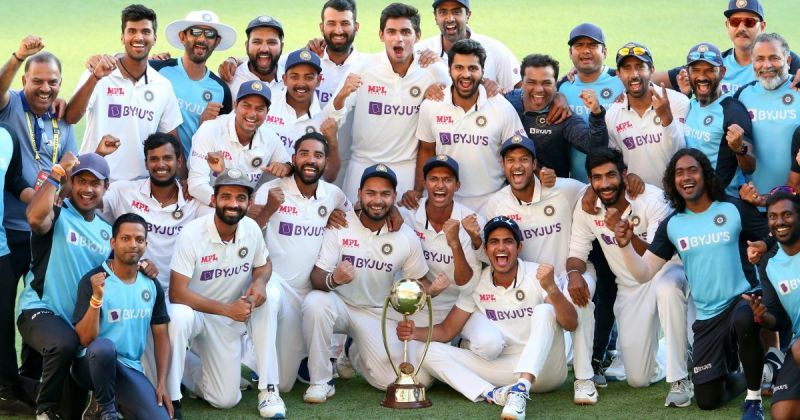
8 corporate lessons from India’s Test series win in Australia
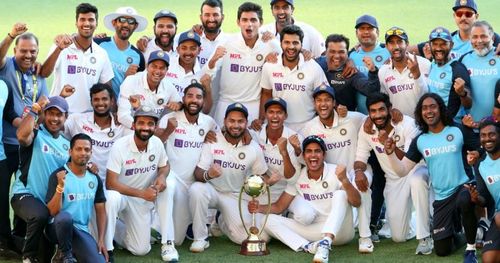
Around the halfway mark on the fifth day of the Brisbane Test between India and Australia, I texted all my social media groups:
"India are going for a once-in-a-lifetime chase, and I respect that. I won’t be upset if we lose. It's a rare chance to beat the Aussie team at their own den."
It was important as an impassioned lover of the Men in Blue, for 38 years, to keep perspective in place. Winning or losing is a part of any sport, but sport is also about the emotions, instincts and beliefs and to make moments that last for a lifetime.
Eight corporate lessons to be learnt from India's historic series triumph:
India’s consecutive test series wins in Australia is the stuff that fairy tales are made of. The last team to do so were the mighty West Indies in 1987 and 1992. On that note, here are my eight observations from this historic series through corporate lenses.
#1 The batting finally delivered on the biggest stage
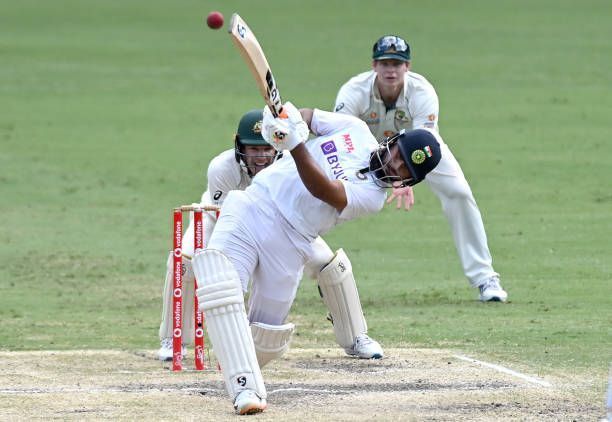
Thanks to a world-class bowling attack, Virat Kohli’s team has dominated opposition over the last six years across formats, only for the batting flattering to deceive at key moments.
Two successive ODI World Cup semifinal run chases were lost due to 45 minutes of bad batting. They could have won Test matches in South Africa and England too, but the batsmen frittered away the initiative from an advantageous position.
Even during the Adelaide Test in 2020, all good work done by the bowlers to get a crucial first-innings lead was undone with 45 mins of ‘throw it all away’ batting.
Be it in Sydney or Brisbane, few Indian fans had any hopes of their much-celebrated batsmen rising to the fore on the fifth day. Yet it happened and for all means and purposes, Shubhman Gill was the man of the last day of this series and Rishabh Pant should have gotten the Man of the Series award.
A friend (Jefferson D’Souza) told me on the eve of the final day of this series:
"Had the Tendulkars and the Gangulys played this series, we would have likely been 220 all out in the fourth innings of both Tests."
With such low confidence levels built over decades, the current batsmen have given Indian cricket (and fans) a new lease of belief.
Lesson: Routine big-stage failures wear belief down, irrespective of talent. It needs bravado to change historical trends.
#2 Ajinkya Rahane led from the front in Virat Kohli's absence
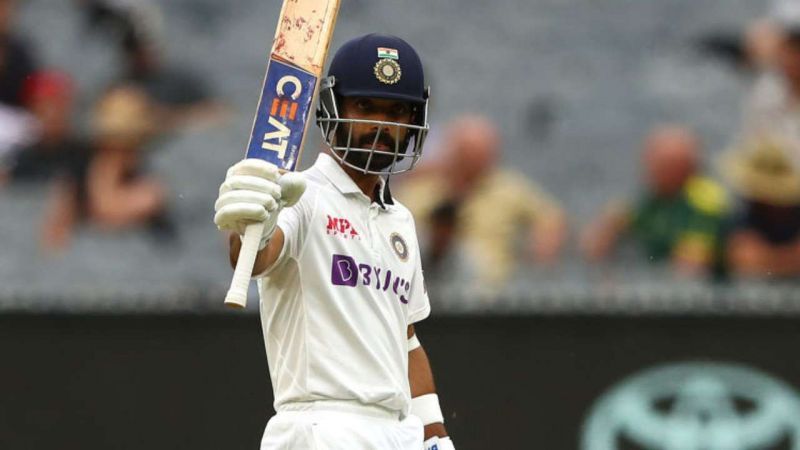
After the improbable win Down Under, there has been a lot of debate if Virat Kohli should step back as the captain and allow Ajinkya Rahane to continue.
For Rahane, this series was all about destiny meeting grit. After 36 all out and the shock loss in Adelaide, the visitors looked likely to lose 0-4. Had India met with that fate, and it is very likely Rahane’s series' average would not have been great in that hypothetical situation, Rahane might have been made the scapegoat.
But a few dropped catches by Australia in Melbourne, a bravado century and astute on-field captaincy (which is clearly superior to that of Virat Kohli’s) meant that history was scripted.
In all the six Australian innings that Rahane was in charge, the hosts were never let off the hook, and his rookie bowling attack always took wickets in bunches.
Let’s not kid ourselves, the first day in Brisbane, Australia were 200/3 and on the fourth day they were 89/0 (effectively 122/0), Yet India bounced back from both situations.
Virat Kohli will, and rightly so, return as the captain of the ship; but the voices of Rahane, Ashwin, Bumrah, Pujara, Rohit and even Pant, in the dressing room, will be louder from here on.
Lesson: A good unit is one where hierarchy isn’t followed but respected from within.
#3 Astute team selections reaped rich dividends
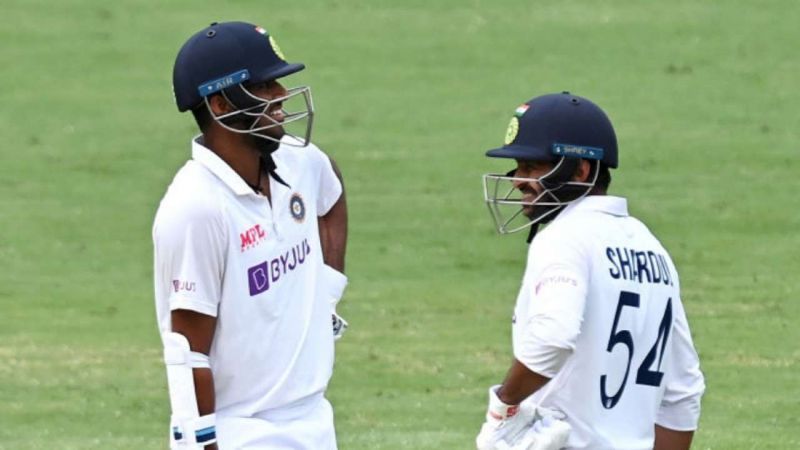
The Virat-Shastri-led Indian team management has often faced flak with regards to team selection.
They have backed data, recent form, gut and instinct – and you can’t fault them for the astounding succesful run that India have had under them. Even in the two ODI World Cups, where India exited at the semifinal stage, the team dominated the group stage like never before in history.
Faced with an elongated list of injured players and a subsequent resource crunch, the team management (Rahane-Shastri) made terrific choices. Just when questions were raised on Kuldeep Yadav’s omission in the fourth Test, Washington Sundar scored a crucial 84 runs in the match and took four important wickets. Shardul Thakur meanwhile, scored just as important a 69-run knock and took an impressive seven wickets.
There were other vital contributions. Shubhman Gill finished the series with an average of 51 and led the charge on the final day of one of the best Test match seriessince Ashes 2005.
Mohammad Siraj took 13 wickets, and Thangarasu Natarajan and Navdeep Saini delivered when called upon too. The team management will continue to make selections that may sound ridiculous on paper at times. But trust them. The guys have lost just four home Tests in over a decade!
Lesson: Respect data, not perceptions.
#4 Whom to drop?
The argument with the Kuldeep Yadav omission was that in his last Test two years ago, he had picked a fiver in Sydney.
Sadly or happily (depending on your perspective), this is the new normal. Mohammad Siraj may not get selected for the next Test. Shardul Thakur will likely be omitted. Washington Sundar’s place is in doubt. Gill may sit out the next Test, as Rohit Sharma and Mayank Agarwal have mind-boggling numbers at home. Or even Rishabh Pant could sit out; as India’s best wicketkeeper Wriddhiman Saha will likely start on spin-friendly tracks.
Thanks to the team management's grooming methods, along with stalwarts like Rahul Dravid and the National Cricket Academy's (NCA) honing skills in the background, BCCI’s robust domestic structure, IPL’s big stage exposure, and regular A tours, India’s talent pool of two dozen-odd players has never looked more formidable.
Now we are a cricketing unit, independent of star power or absentees. Star performers of the previous matches will get dropped if necessary. This is the new normal, and what a normalcy to be in, for a fan of Indian cricket!
Lesson: The best unit is one that recognises and grooms employees to their full potential.
#5 Make the most of your opportunities
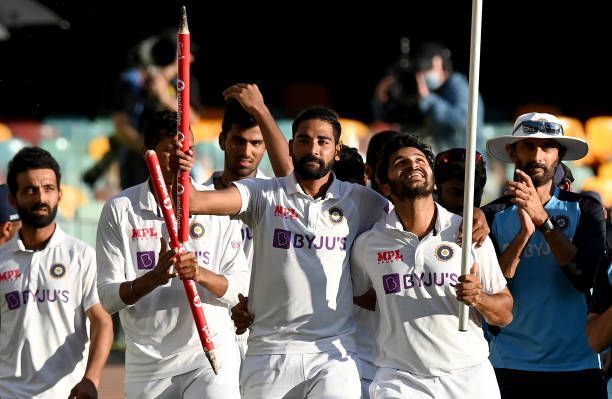
For the majority, life is a tale of missed opportunities. For the chosen ones, life is all about grabbing the small opportunities that come along as if your life depended on them.
On the eve of the Australia Test series, Rishabh Pant looked unfit during IPL 2020; T. Natarajan had never played for India; Shardul Thakur waited two years to bowl a full spell in a Test; Mohammed Siraj lost his father, and the likes of Shubhman Gill, Navdeep Saini and Washington Sundar were hoping for Test debuts.
The Nobodys went from somebodys to Mr. Dependables within a span of a month. All they did was grab every opportunity, every occasion, be it a tour match or an extended stay as a net bowler.
They believed in themselves and waited for their turn, and when that came, they made it count. They are now aware, the day they flounder, the Devdutt Padikkals and Kartik Tyagis are eagerly awaiting that one chance.
Lesson: Time and tide wait for no one.
#6 Well finished is fully wrapped up
'Well begun is half done' is passe. India started their Australian sojourn with two ODI losses whilst staring at Steven Smith scoring consecutive tons.
India were sloppy with their on-field catching till well into the middle of the tour (read Adelaide Test). After that infamous 36 all out, the team management decided they won’t discuss that horror hour and move on.
Yet India’s report card over the three formats reads ODIs 1-2 loss, T20s 2-1 win, and Tests 2-1 win. They finished every format on a high and didn’t seem weighed down by past mistakes. Tomorrow is another day, and well finished is fully wrapped up!
Lesson: Do not mull much over bad days; if you finish well, no one remembers how you started.
#7 Always put your hand up
Washington Sundar last played a first-class game back in 2017, thanks to the shortsightedness of the Tamil Nadu selectors.
On landing back home from Australia, Sundar gave an interview announcing he was ready to play at any position in the Test match lineup and can even open the batting. He is aiming for the stars now.
This is indeed the new normal. Almost two dozen players are willing to do a lot just to be a part of this playing XI.
Cheteshwar Pujara’s batting average of 33 this series, ranks eighth amongst Indian players. Clearly, the runs were not flowing in for him. Yet he batted and hung around for 928 balls in the series, which ranked numero uno amongst all players who batted in this series.
Lesson: Keep hanging on in the field even when things aren’t going for you. And when outside the field, keep upgrading your skills and keep announcing your eagerness to do more for your unit.
#8 Awestruck in love
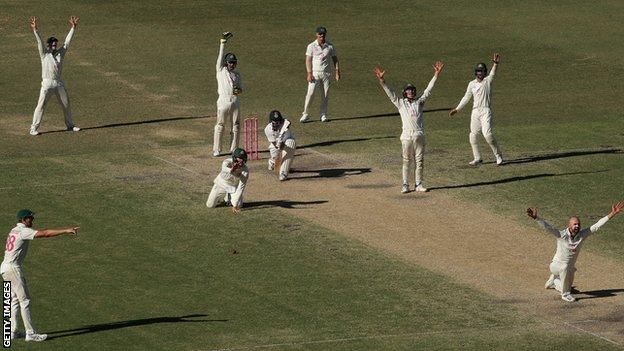
As a diehard fan, I can’t wait for the Indian team to hit the field again. Passing each day, counting the days – awaiting them to jog on to the turf, take the guard, and mark the run-up.
It is romanticism at another level. I don’t want the upcoming Test matches against the English team to get over in three days. I want to see more and more of our team. Let the matches go to the fifth day. Let there be drama, twists and turns. Let our players hearten and shine.
It's almost like the wait for a lover. I want her to come not just for the coffee and to hold hands. I want her to stay long. To pick up silly fights so that I can cajole her, write a poem for her, observe her make-up in detail, touch her hair lightly, hear her nag, turn her face away in anger or see her chatter on and on.
I want her to come sooner and stay around longer. Maybe even ask her, is Hardik Pandya selected as a pure batsman?
Lesson: Always enjoy a long, arduous battle, irrespective of the result. Test match cricket rocks!
Come soon, my heroic Team in blue, and let the Test matches begin!